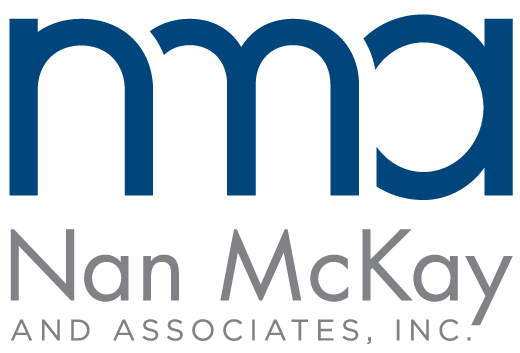How to make informed reasonable accommodation determinations: Step #1

Step #1: Determine if the requester is a person with disabilities.
The purpose of a reasonable accommodation is to help persons with disabilities gain equal access to housing programs. For this reason, a PHA must first verify that the individual requesting a reasonable accommodation is in fact a person with disabilities.
PHAs should wait for a person to request an accommodation before verifying their disability, but once a request has been made, the process can go in several directions. If the person requesting the accommodation has a disability that is obvious or otherwise known, the PHA does not need additional verification as to whether the disability exists, and the PHA should proceed to the next step of the reasonable accommodation request process. The HUD/DOJ Joint Statement on Reasonable Accommodations under the Fair Housing Act addresses such cases as follows:
A provider is entitled to obtain information that is necessary to evaluate if a requested reasonable accommodation may be necessary because of a disability. If a person's disability is obvious, or otherwise known to the provider, and if the need for the requested accommodation is also readily apparent or known, then the provider may not request any additional information about the requester's disability or the disability-related need for the accommodation.
If the requester's disability is known or readily apparent to the provider, but the need for the accommodation is not readily apparent or known, the provider may request only information that is necessary to evaluate the disability-related need for the accommodation.
The other scenario is that the person with disabilities does not have an obvious or otherwise known disability. If this is the case, the PHA should use its verification procedures to confirm that the individual meets the applicable definition of disability under the Fair Housing Act, which defines it as "a physical or mental impairment that substantially limits one or more major life activities."
According to the HUD/DOJ Joint Statement on
Reasonable Accommodations, persons who meet
the definition of disability for purposes of receiving
Supplemental Security Income (SSI) or Social Security
Disability Insurance (SSDI) benefits in most cases meet
the definition of disability under the Fair Housing Act,
although the opposite may not be true about the requester's
disability or the disability-related need for the accommodation.
One of the easiest ways to verify that the requester is a person with disabilities is to see if they are receiving social security disability benefits. The Social Security Administration's definition of disability is the same as HUD's and is actually more stringent than necessary for a reasonable accommodation request, so if the person is a recipient, the PHA can confidently move forward with the process.
If the requester is not a recipient, the PHA should obtain verification of the disability and the need for the request through either documents submitted by the individual or with a PHA-developed verification form. In this case, the PHA can move to the next step in the process once that verification is obtained. We recommend agencies have consistent procedures for verifying whether a person requesting a reasonable accommodation is a person with disabilities.
Next: How to make informed reasonable accommodation determinations: Step #2
Becky Gligo has been a trainer and consultant at Nan McKay and Associates since 2008. She trains hundreds of housing authority staff each year, both in open enrollment and onsite trainings. Ms. Gligo is one of NMA's primary fair housing experts. She has previously written for the NMA blog about fair housing and limited English proficiency (LEP), ensuring accuracy in rent calculation, and ideas for affirmatively furthering fair housing at your PHA.
Do you have concerns about whether or not your agency is compliant with federal fair housing law? Nan McKay and Associates can help. Our resources for your PHA include consulting, a newly-updated video, and a training seminar, also newly updated.

